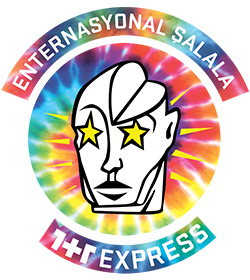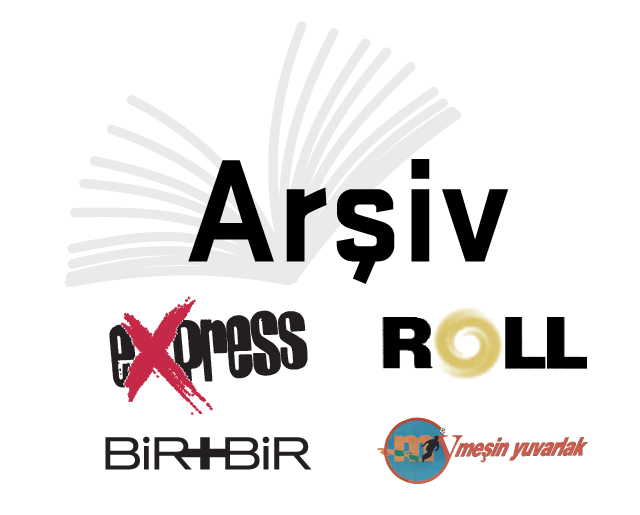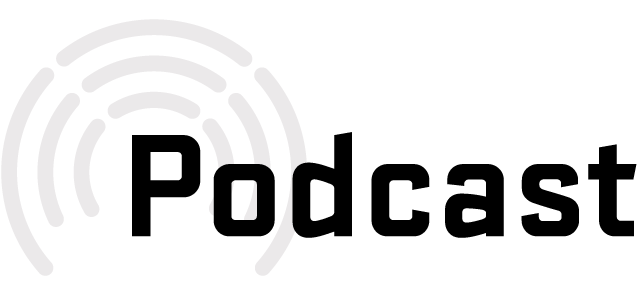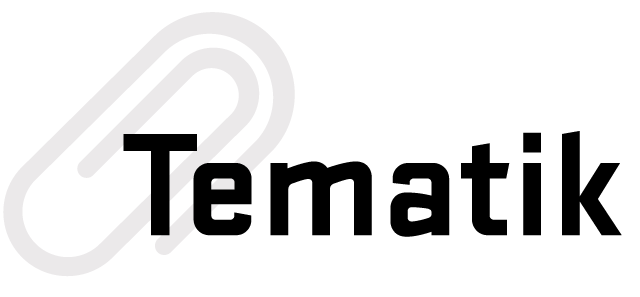The Bread and Dignity Workers Association is a unique grassroots movement aiming at an alternative organization model to traditional trade unions. The spokesperson Emrah Arikuşu and one of the members, a construction worker Taner Mutlu tell their story.

What is the aim of the Bread and Dignity Association? What are the ideas that brought you together?
Emrah Arikuşu: Bread and Dignity is the name we decided to give to our movement for workers’ unity, struggle and solidarity. Our main goal is to unite the workers. There is some ambiguity and confusion among workers because of their employment in different sectors. For instance, a moulder may not see himself as a worker, even though he is just like a painter, an electrician or a plasterer. But because of all the differences in terms of sectors, types of jobs and professions, the worker’s identity as a worker gets clouded.
When we talk about unity what we also mean is this: all of us who make our living with our labour and earn wages are workers. We’re trying to instil this thought to all our worker friends. We say that we have to define what a worker is and explain that our collective interests as workers can’t concur with those of the employers. We try to develop the consciousness that workers can’t acquire any right without fighting for it.
And the question of solidarity… We often see that workers are set against each other. We have to organize ourselves based on solidarity and combat the disunity among workers. We’re trying to develop a movement and get together around the idea that “workers have no other friends other than workers”. At the same time, we’re fighting to put away all discriminations based on origin, religion, language or ethnicity and we stand for a brotherhood of workers united against employers.
Are you planning to form a trade union or willing to pursue your struggle in other ways?
Emrah: Our goals are what we’ve outlined. We fight for a system in which workers would get what they deserve and their rights should be preserved by legal regulations. That can only be achieved through a democratic constitution. As for today, simply application of actually existing laws and regulations could resolve many issues of the workers. If the legal problems were fixed, that could lead the way to higher wages and better working conditions. That’s one of the major tasks of the Bread and Dignity Association.
We’re trying to build the consciousness of being workers and belonging to the working class. That means being aware of working people’s conditions of existence and that as wage labourers we share the same fate with all the other workers and that the employers are, by their nature, against us.
Workers have to get organized. But, given the resentment they have towards trade unions, how can they do so? Time has come to create alternatives to traditional trade unions.
We’re trying to replace the existing trade unions. The unions are one of the most important weapons the workers have in Turkey and all around the world. But there are some problems with the way they’re run and at the end of the day their efforts are insufficient to change things. Also, Turkish trade unions’ reputation is somewhat tarnished. When you talk to workers about the unions in their sectors they’re always hesitant to say the least. But workers have to get organized. But, given the resentment they have towards trade unions, how can they do so? That’s why we’re opposed to “yellow unions” or “company unions” who collaborate with the employers. We stand together with unions who are pursuing the struggle with pride and dignity.
Having said that, we think that time has come to create alternatives to traditional trade unions. Our main objective as the Bread and Dignity Association is to transform the spontaneous workers movements into a conscious and organized class struggle. We think that a class movement could achieve our goals like workers’ rights, better working and living conditions. The Bread and Dignity Association is an integral part of these struggles.
Workers’ movement needs various instruments. Those could be a union, an association, a newspaper or any form of workers’ alliance. So, the structure of association is only one of our projects. We also have plans for a newspaper and for social media visibility. But we’re not saying, “let’s publish a newspaper and educate the workers” or “let’s establish an association to organize and unify all workers”. In Turkey there are already trade unions and workers’ associations and their publications. But as whole that isn’t enough. We should come up with new types of organizations for each sphere of work and according to each sphere’s specific needs. In addition to the sectorial differences, capitalism has fragmented the working class and has divided it into smaller segments.
We have to stand up to this system with a new model of organization. We need versatile, active and quick-to-respond structures. We don’t see the Bread and Dignity Association as a roof for all workers’ organizations from different sectors. Our friends working in textile industry may very well establish an association of textile workers. That’s up to them and should be done according to their needs. Then they may join a trade union. We propose this type of functioning. That can only be achieved by a grassroots organization. Today grassroots organizations are the most effective instruments to fight for workers’ most fundamental rights and needs.
Capitalism has fragmented the working class and has divided it into smaller segments. We have to stand up to this system with a new model of organization. We need versatile, active and quick-to-respond structures.
In which sectors are you active and what role can you play in unifying separate struggles?
Emrah: The Bread and Dignity Association is not a roof organization. It’s just the name we’ve given to a class movement. We don’t prioritize any sectors. We have colleagues from a variety of sectors such as textile, retail, construction, metal, shoemaking, health, municipality, warehouse, etc. In each of these sectors our friends are doing the preliminary work. That’s where we start; in order to unite workers, first we have to rebuild the consciousness of the working class. We already have the Bread and Dignity Workers Association in Adana established by our friends in the textile sector. We will set up new ones in Istanbul and in Izmir for health and construction sectors. We don’t want to have a central headquarters where we would supervise all projects and establish branches. For instance, we have colleagues from the textile industry working in Zeytinburnu-Istanbul, and they’re in the process of setting up a likewise association in their own way.
Taner Mutlu: There are plenty of trade unions and associations but when you look closer you see that the majority of them are on the side of the employers, not on the side of workers. And in most of them everyone wants to be the leader. At Bread and Dignity there’s no one at the top. We’re all workers. No one will say, “I’m in this movement for long years, so I’ll be the leader.” That’s what I’ve learned from all that I’ve seen and went through. There’s a warm feeling arising from everyone’s enthusiasm to cooperate. We were construction workers in Bostanci neighbourhood of Istanbul when the contractor disappeared without paying us. We were a handful of workers trying to get what we deserved by our own struggle. That was when the Bread and Dignity Association approached us to give support and talk about our struggle. Before meeting the members of the Bread and Dignity Association we didn’t have any contact with any trade union or workers’ association. We were just hoping that someone would hear our voice and help us. Here, I’ve seen this warm feeling of solidarity. This is why I’m with the Bread and Dignity Association.
Emrah: The working class is really isolated. Employers are doing everything within their means to force workers to accept their so-called fate. We’re trying to stand by all workers, to empower them and to give them all kinds of support such as legal advice, information on job security, health problems, wage negotiations. We’re trying to prove them that they’re not alone. Employers have accountants, financial advisors and lawyers. Workers have none. That’s why we aim to support all workers, equip them with strength and confidence.
Translated by Alican Tayla





